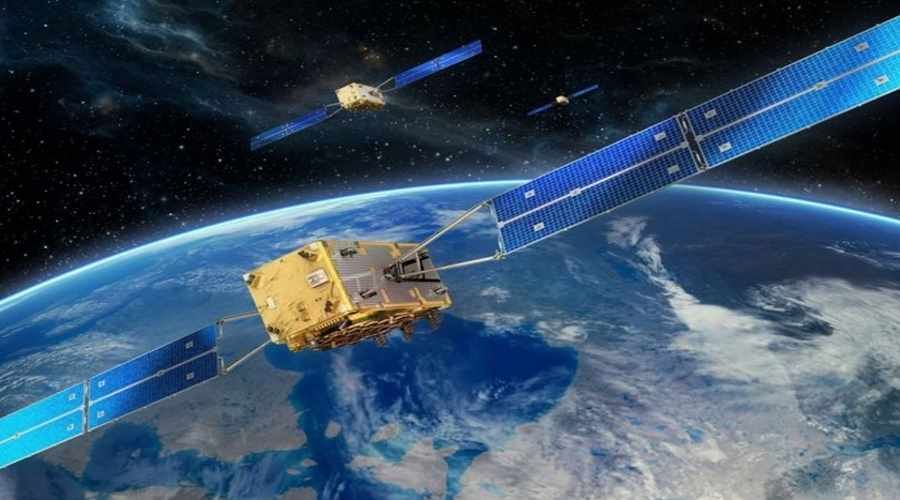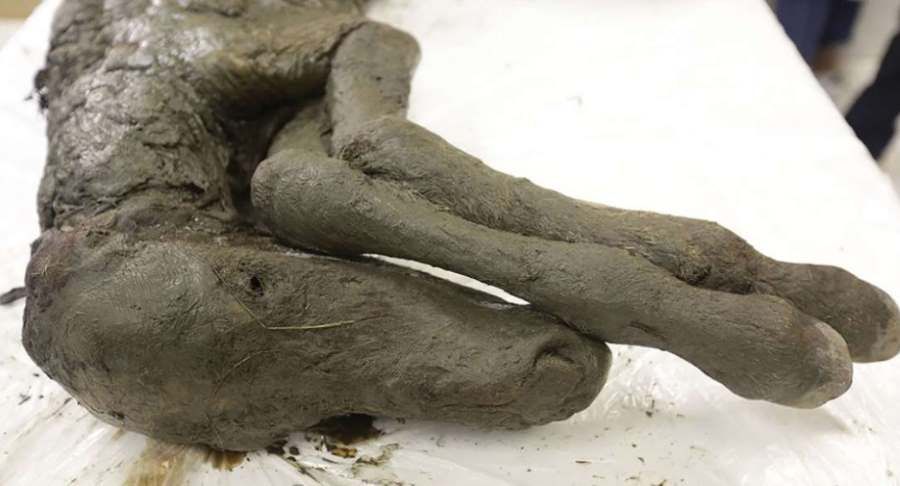Polish researchers will calibrate antennas for the Galileo system
Astri Poland together with the University of Warmia and Mazury in Olsztyn will develop a methodology and prepare an environment for calibrating GNSS antennas. At the beginning of January, the consortium launched the “GRAVEr” project, funded by the European Space Agency, thanks to which Poland will acquire important competencies in a field that is currently a niche in the market.
The aim of the GRAVEr (GNSS Receiver Antenna calibration serVice for new E-GNSS signals) project is to develop and implement an environment for the calibration of GNSS antennas enabling the reception ofór signalów on róThe project is implemented with funds from theóThe systemów GNSS, with particularólnclusive of the European satellite navigation system Galileo. Devices using such antennas are increasingly used in many areas of the economy that require highly accurate measurementsów.
– There is a growing need in Europe for precise calibration of antennas for the Galileo system, so ESA has decided to support the development of theój of this field,” said Karol Brzostowski, head of the Satellite Applications and Services Department of Astri Polska. – On the ogół, manufacturers offer averaged calibration for a given antenna model. We want to approach the calibration individually, especiallyólnie that it is increasingly recommended that antennas have just such a calibration – emphasized.
The project will develop a methodology and test procedures along with an environment for calibrating antennas, whichórego mainóThe centerpiece will be a calibration robot with specialized software. After the integration of all elementsów included in the prototype test environment, it will be tested at the headquarters of Astri Poland. Based on the solutions developed in the project, the company will provide GNSS antenna calibration services in the future.
The project is being implemented with the funds of theóat the European Space Agency, under the Polish Industrial Incentive Scheme program.


